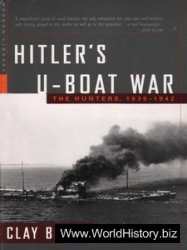This long poem is representative of a group of compositions whose central theme is the fall and destruction of cities and states, commonly grouped
Together under the label of ‘city laments’. Although formally heterogeneous, they share some fundamental themes: destruction as a result of divine decision, abandonment of the city by the tutelary god, restoration, and return of the tutelary god. City laments may vary widely in the emphasis given to these themes: in the poem translated here the largest part is taken up with the dramatic, vivid, and exhaustive account of the calamity that affects Sumer and the city of Urim together with its tutelary deity Nanna. There is evidence that the similarities among the city laments were also perceived by the scribes, as in lines 32—4 of the Literary catalogue from Nibru (Group J) three of the five known city laments are listed together. The poem The cursing of Agade (Group C) shows extensive thematic similarities to the city laments.
The historical background behind the poem is the fall of the Third Dynasty of Urim, whose last ruler Ibbi-Suen is mentioned by name. However, the poem uses these events as an opportunity to convey what could be taken as its main message: the fickleness of fortune, the inherent mortality of all things: ‘Who has ever seen a reign of kingship that would take precedence for ever?’
The composition is divided into five kirugus, each followed by a very short gisgigal except for the last. The first kirugu (1—112) begins with the divine decision to destroy Urim, followed by the actual destruction. The second kirugu (115—281) contains a long litany of gods who are forced to leave and so lament their destroyed cities and temples. The third (285-357) details once more the destruction of Urim. It ends with Nanna’s plea for Enlil to relent. The fourth kirugu (360—478) begins with Enlil’s reply in which he attributes responsibility to the divine assembly and instructs Nanna to leave Urim. It continues with a portrayal of the dreadful conditions within the city, and concludes with Nanna’s second plea. This time Enlil has mercy on Nanna and orders Urim to be restored. The last kirugu (483—519) is a prayer in the voice of the narrator wishing that the great gods will never again change the fate of the restored city.




 World History
World History









